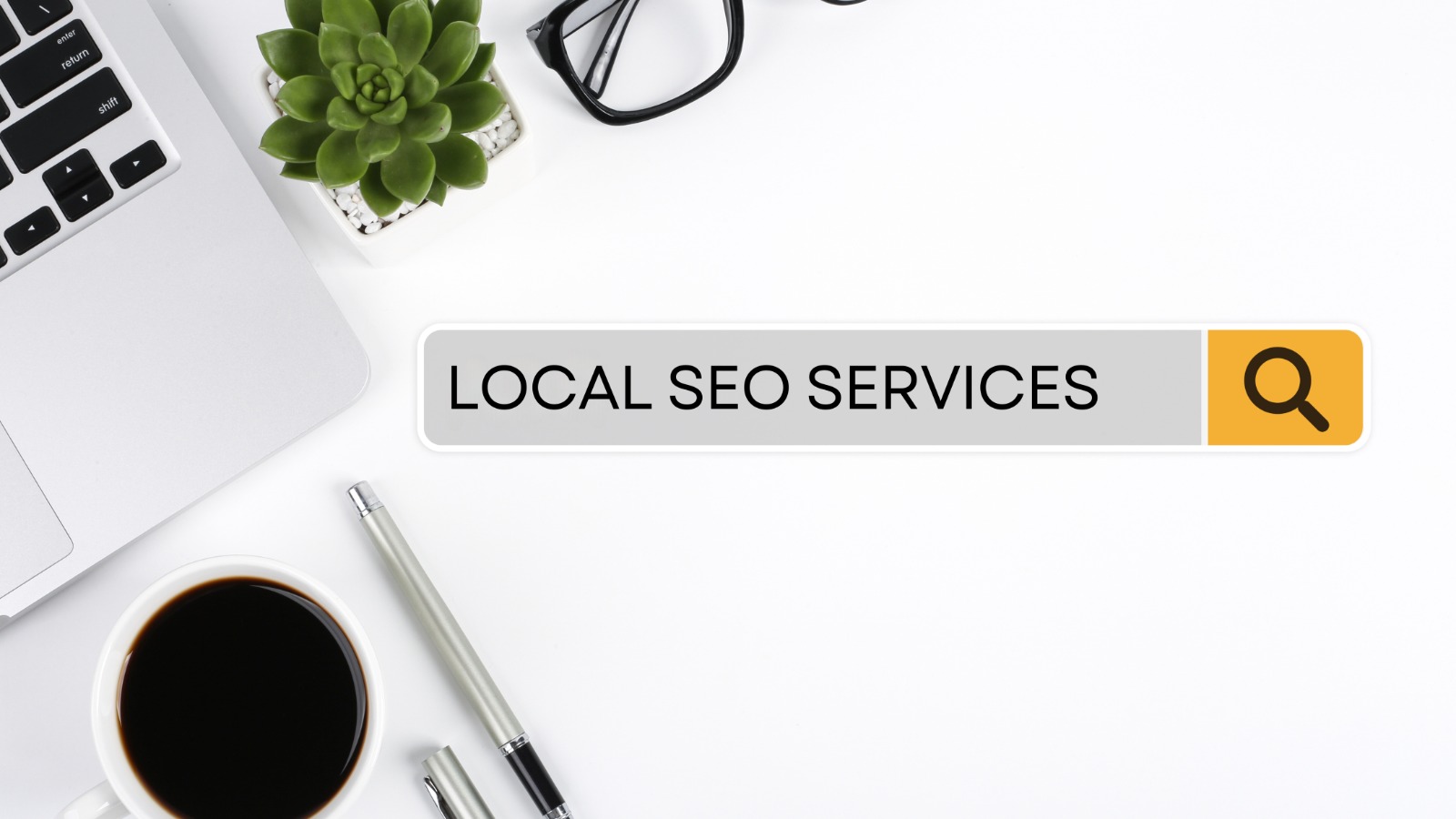In today’s competitive digital landscape, small businesses need every advantage they can get to stand out and thrive. That’s where SEO (Search Engine Optimization) comes in. By incorporating targeted keywords and optimization strategies, SEO helps small businesses improve their online visibility, attract more organic traffic, and ultimately boost sales.
With the right SEO techniques, small businesses can outrank their competitors on search engine results pages (SERPs) and reach their target audience more effectively. By understanding their customers’ search intent and behavior, small businesses can optimize their website content, meta tags, and other elements to appear at the top of relevant search queries.
Furthermore, SEO helps small businesses to build credibility and trust among potential customers. When a business appears on the first page of search results, it signals to users that the business is reliable and worthy of their attention.
In summary, SEO plays a crucial role in helping small businesses thrive in the online marketplace. By implementing effective SEO strategies, small businesses can increase their online visibility, attract more qualified leads, and ultimately grow their bottom line.
Table of Contents
ToggleThe Importance of SEO for Small Businesses
Small businesses often operate on limited budgets and face stiff competition from larger corporations. In such a scenario, SEO can level the playing field and give small businesses a fighting chance. Here are some key reasons why SEO is vital for small businesses:
- Increased Online Visibility: SEO helps Small businesses to be seen by potential customers to generate leads and sales. SEO helps small businesses rank higher in search engine results, making their website more visible to their target audience.
- Attracting Organic Traffic: Organic traffic refers to visitors who find a website through unpaid search results. By optimizing their website for relevant keywords, small businesses can attract more organic traffic, reducing their dependency on paid advertising.
- Cost-Effective Marketing Strategy: SEO is a cost-effective marketing strategy for small businesses. Unlike traditional advertising methods, SEO focuses on attracting highly targeted traffic, increasing the chances of converting visitors into customers.
- Building Credibility and Trust: Appearing on the first page of search results enhances SEO and helps small business’s credibility and trustworthiness. Users tend to trust businesses that rank higher on search engines, leading to increased brand recognition and customer loyalty.
- Long-Term Investment: SEO helps small businesses for a long-term investment that continues to yield results over time. By consistently optimizing their website and content, small businesses can maintain their online visibility and attract a steady stream of customers.
How SEO Can Increase Website Visibility and Organic Traffic
One of the primary goals of SEO is to increase a website’s visibility on search engine results pages (SERPs) and attract more organic traffic. Here are some key strategies to achieve this:
- Keyword Research for Small Businesses
Keyword research is the foundation of any successful SEO strategy. For small businesses, it is crucial to identify the right keywords that their target audience is using to search for products or services. By using keyword research tools and analyzing search trends, small businesses can optimize their website content with relevant keywords and improve their chances of ranking higher on search engines.
- On-Page Optimization Techniques for Small Business Websites
On-page optimization involves optimizing various elements on a website to improve its visibility on search engines. SEO helps Small businesses to optimize their website’s meta tags, headings, URLs, and content to align with their target keywords. Additionally, optimizing page load speed, using descriptive alt tags for images, and creating a user-friendly website structure can further enhance a small business’s visibility and user experience.
- Off-Page Optimization Strategies for Small Businesses
Off-page optimization focuses on improving a website’s visibility and reputation outside of its own pages. Small businesses can build high-quality backlinks from reputable websites, participate in guest blogging, and engage with their target audience on social media platforms. These off-page optimization strategies can increase a small business’s online visibility and authority, leading to higher search engine rankings.
- Local SEO for Small Businesses
For small businesses targeting a specific geographical area, local SEO is essential. Local SEO involves optimizing a website and its online presence to appear in local search results. Small businesses can create and optimize their Google My Business listing, encourage online reviews, and ensure consistent NAP (Name, Address, Phone Number) information across all online directories. SEO helps small businesses to attract local customers and increase foot traffic to their physical stores.
- SEO Tools and Resources for Small Businesses
There are plenty of SEO tools and resources available to help small businesses optimize their website and track their progress. From keyword research tools like Google Keyword Planner and SEMrush to website analytics tools like Google Analytics, small businesses can leverage these resources to gain insights, identify areas for improvement, and measure the success of their SEO efforts.
- Measuring and Tracking the Success of SEO Efforts
Small businesses need to measure and track the success of their SEO efforts to identify what is working and what needs improvement. Key performance indicators (KPIs) such as organic traffic, keyword rankings, conversion rates, and bounce rates can provide valuable insights into the effectiveness of SEO strategies. By regularly monitoring and analyzing these metrics, small businesses can make data-driven decisions and optimize their SEO efforts accordingly.
How SEO Helps Small Businesses Thrive in the Digital Marketplace
In today’s digital age, where online visibility is crucial for business success, small businesses cannot afford to ignore SEO. By investing in SEO strategies that align with their target audience and industry, small businesses can increase their online visibility, attract more organic traffic, and ultimately grow their business. SEO helps small businesses with a cost-effective marketing strategy that offers long-term benefits and SEO helps small businesses compete with larger corporations and reach their target audience effectively. So, if you’re a small business owner looking to thrive in the online marketplace, investing in SEO is a wise decision that can yield substantial returns.

















Select your comment provider from settings.